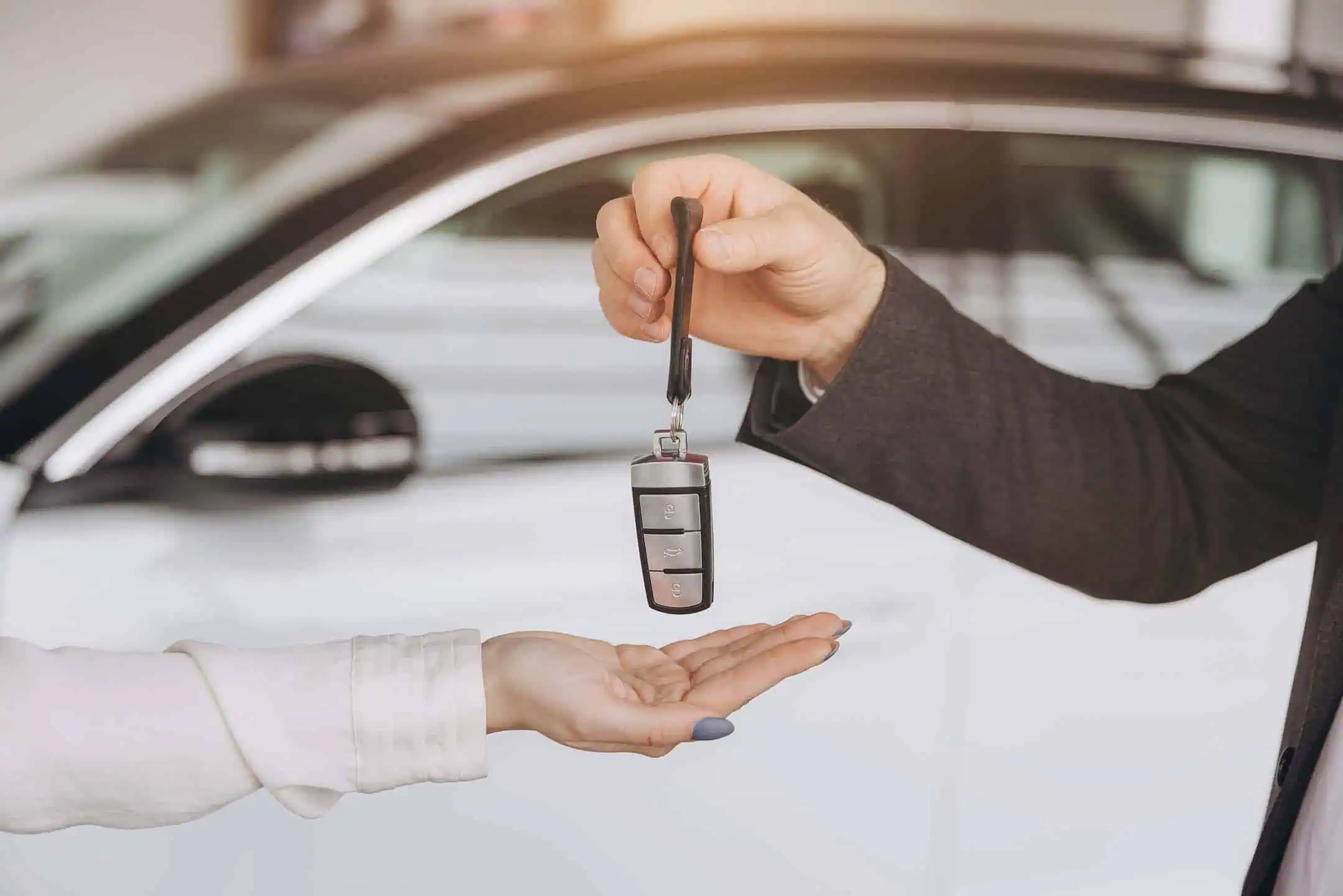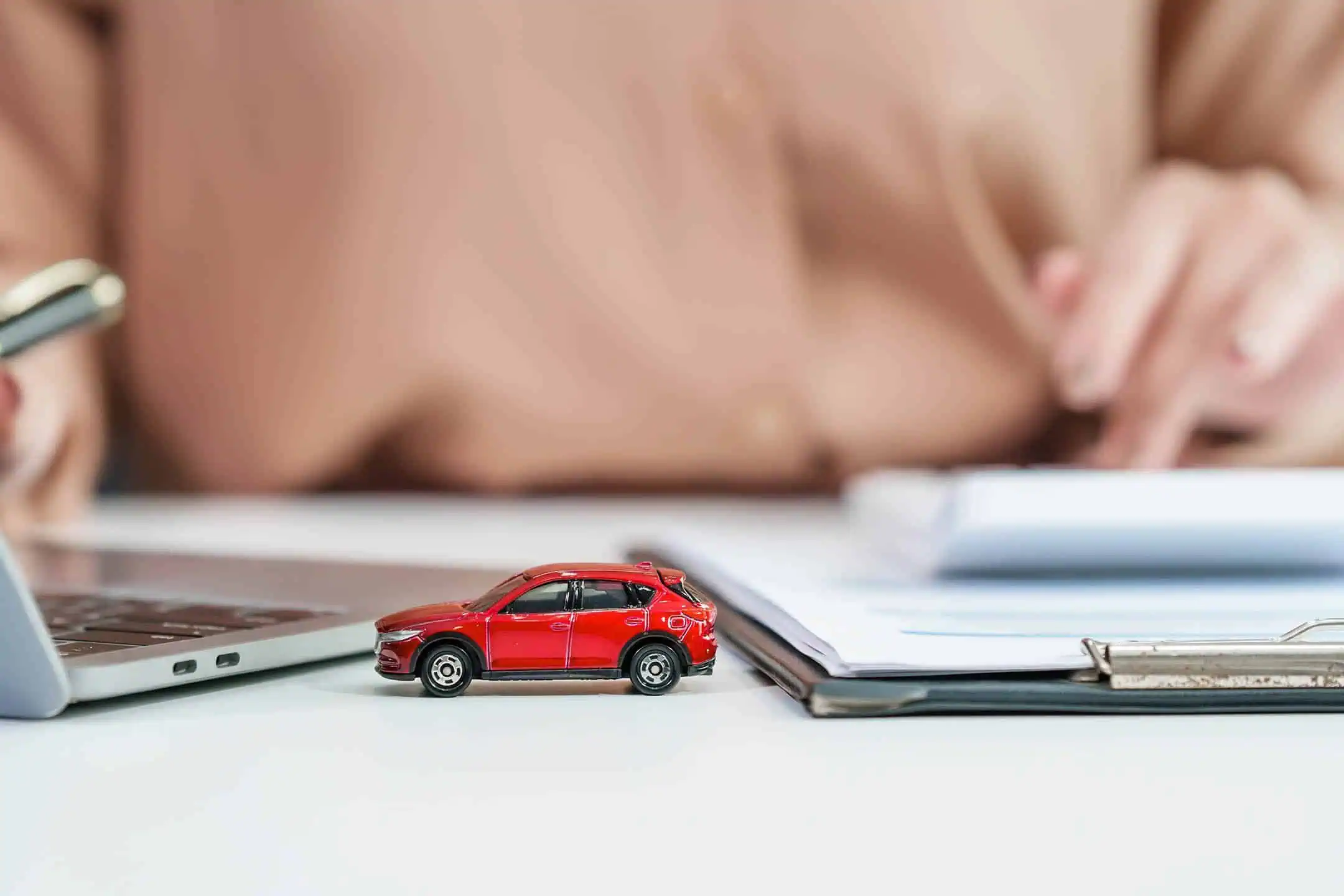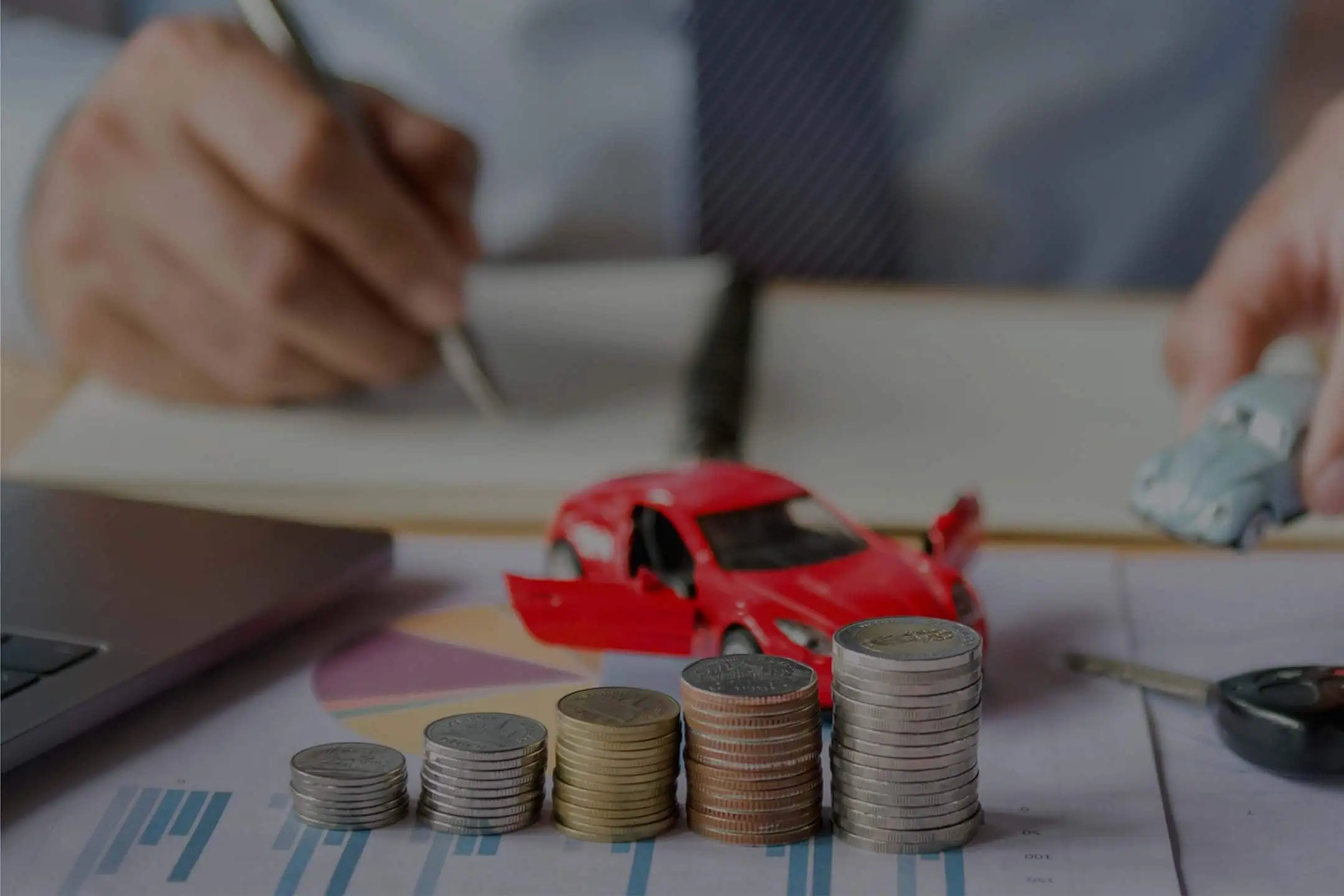Personal Car Loan

Expert Verified
By: Verity Hogan - Personal Finance Editor
How do personal car loans work?
A simple option, a personal car loan, involves taking out a bank loan as a lump sum and immediately paying it to the car dealer.
After being accepted for a loan amount and agreeing to an interest rate, you’ll then have to pay the loan back in monthly instalments (plus interest) until the loan is paid. As you’re dealing directly with the bank, there’s no deposit needed.
You own the vehicle outright from day one with a personal unsecured loan. The loan has no security you need to show the lender a good credit profile.
Subject to affordability, you can typically borrow less than £5000 for a used car, or you might plan to spend £30,000 for a bigger model.
What are the pros and cons of personal car finance?
As with all car finance options, there’s some pros and cons to a personal car loan.
- Pros
- Cons

Pros:
- You own the car as soon as you pay the seller. You can also buy from whoever you like.
- Opt for a fixed-rate loan, and you’ll pay the same amount each month – no surprises.
- You have no restrictions: you can drive the car as much as you want and won’t have to worry about any accidental damage.

Cons:
The interest rates can be higher than other car finance options.
- Depending on your credit score and financial background, you might not get a loan for the amount you want.
- If you opt for a more extended repayment period, you can end up paying more overall when compared to other finance options.
Is personal car finance for a young driver the right option?
For the young driver who’s keen to own their car as soon as possible, a personal loan can be an excellent option. Unlike hire purchase, you own the vehicle as soon as you hand over the money – not at the end of the contract.
However, if you’d rather change your car more often or want lower monthly repayments, you might be better off with a PCP deal.
Hire Purchase vs Personal Loan
Both are relatively similar. The main difference is that you will own the car as soon as you hand over your loan money. With an HP, you will only own the vehicle at the end of the contract term. Meaning you have less flexibility, as you can’t sell or modify the car.
Interest rates often change, so you’ll have to work out whether the car dealer offers a better rate than your bank or vice-versa.


PCP vs Personal Finance
If you want to own the car eventually, you probably want a personal loan over a PCP.
With the loan, you own the car as soon as you hand that money over to the dealer. This means you have the flexibility to sell or modify your vehicle if you wish.
But for many of us young drivers, personal car finance isn’t even on the table! It can require a solid credit rating, and the monthly payments can often be quite a bit more than with a Personal Contract Purchase.
If you’re someone who would rather have a new car every couple of years, you’re better off with a PCP deal.